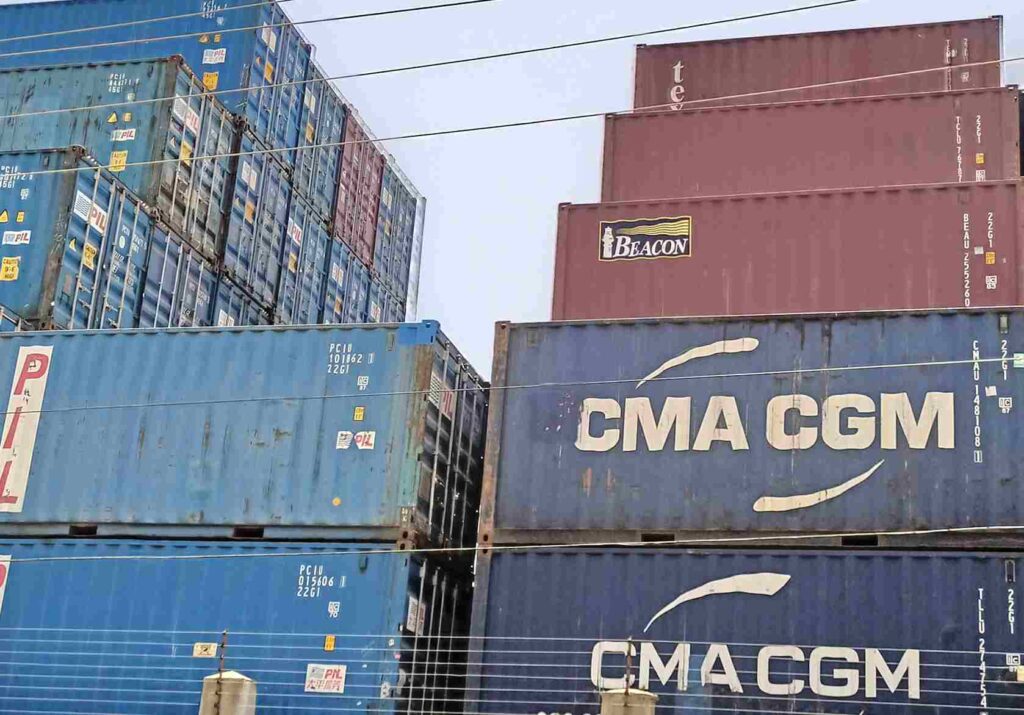Kenya’s private sector activity in January accelerated to an eleven-month high with a surge in demand, boosting business activity and supporting a renewed increase in employment, a private survey said.
The S&P Global Kenya Purchasing Managers’ Index (PMI) rose to 52.0 in January from December’s 51.6 figure.
A print above 50 is considered an expansion, while below 50 is a contraction.
“For the second month running, construction was the only monitored sector to see a decline in sales, contrasting with rises in agriculture, manufacturing, services, and wholesale & retail,” S&P Global relayed via a comment accompanying the survey.
Standard Bank economist Mulalo Madula said new businesses were rising for the fifth consecutive month because of better operating conditions.
According to the report, this led to stockpiling efforts and spurred higher output and, consequently, growing employment.
“Notably, the influx of new businesses was the strongest in 11 months, reflecting improved marketing efforts,” Madula said.
During the period, new orders grew for the fifth straight month, with a modest export recovery after exports plunged to a nine-month low in December.
However, input cost inflation rose to a three-month high amid a further depreciation in the shilling against the US dollar and increased taxes.
“Persistently, high inflation has raised concerns that price pressures will remain elevated and weigh on economic activity and consumption for some time,” Madula said.
As of January 2023, Kenya’s inflation rate was 9 per cent, the lowest since August 2022, compared to 9.1 per cent in December.




